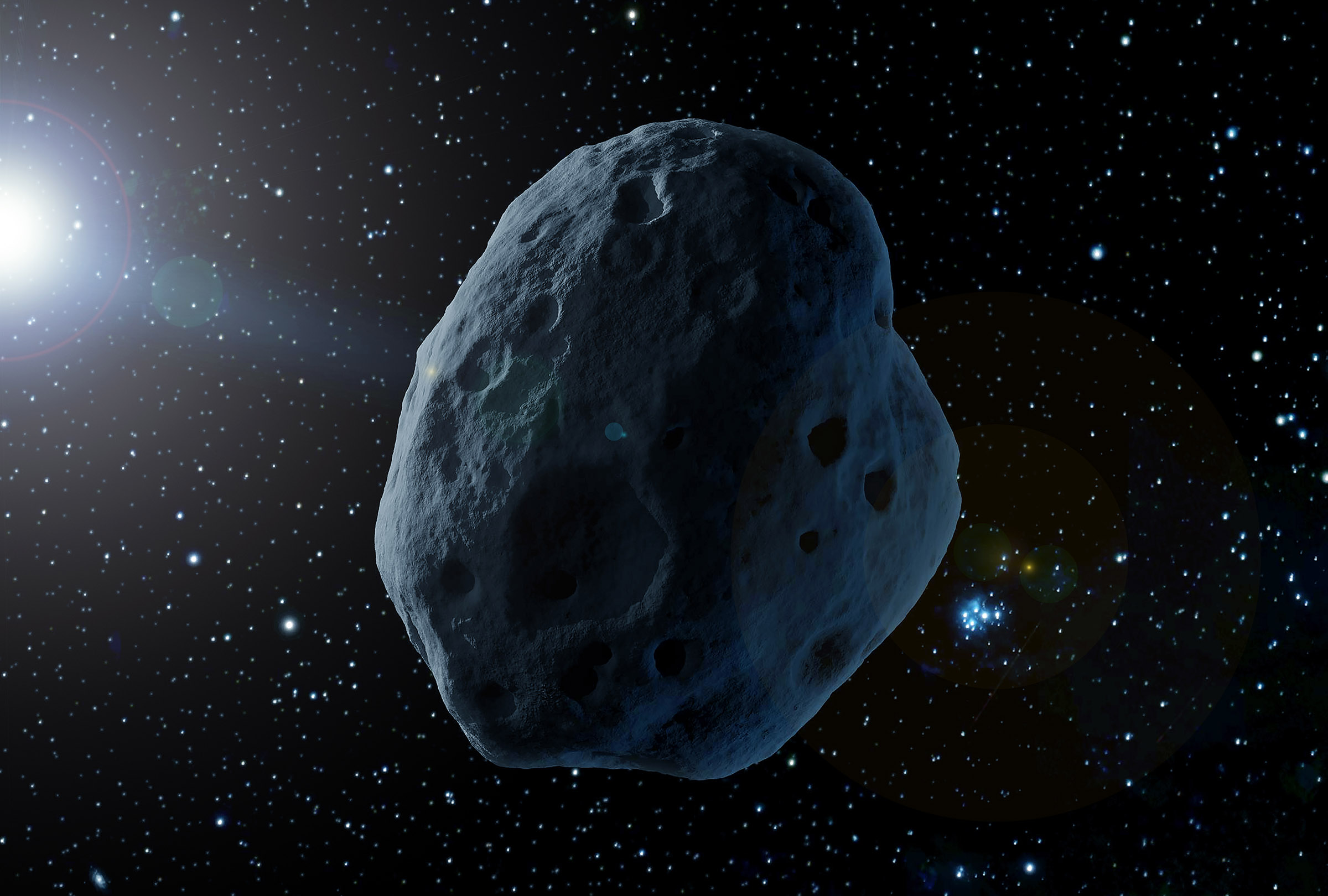After discovering more than 200 near-Earth objects, NASA’s NEOWISE telescope is close to calling it quits. Mind you, the asteroid-hunting telescope isn’t exactly getting a calm retirement in a museum or anything. Instead, the erratic outbursts from the Sun are causing the infrared telescope to slowly fall out of its orbit, where it’ll eventually burn up in Earth’s atmosphere.
It’s a sad end for one of the most iconic telescopes that NASA has ever put into orbit. It might not have the same widespread appeal as the James Webb or Hubble Space Telescope, but NEOWISE, which is short for Near-Earth Object Wide-Field Infrared Survey Explorer, has done more than its fair share of helping astronomers in their quest to document the cosmos.
NASA announced the NEOWISE telescope’s impending end of its mission in a post that it released in early December. The telescope was originally launched in 2009. However, it wasn’t until 2013, when NASA reactivated the asteroid-hunting telescope, that things really started to heat up. Since then, NEOWISE has documented more than 200 new near-Earth objects and observed over 3,000.

On top of that, the telescope also helped bolster the strategies that our world will use to defend against asteroids and even helped one of NASA’s other missions as it worked to rendezvous with a distant asteroid. While the space agency would probably be content to continue studying the cosmos with NEOWISE, the sun has other plans.
As we move toward the solar maximum in 2025, the Sun’s outbursts of energy have become more and more erratic, which has only caused the NEOWISE telescope to slowly lose its orbit, pushing it closer and closer to reentry, where it will undoubtedly burn up in the Earth’s atmosphere. NASA expects the spacecraft to drop low enough to become unusable by 2025.
NEOWISE’s deputy principal investigator, Joseph Masiero, says that the mission has been planning for this day for a long time. Still, it doesn’t make it any less sad, especially for those who have spent the past ten years working on NEOWISE.








